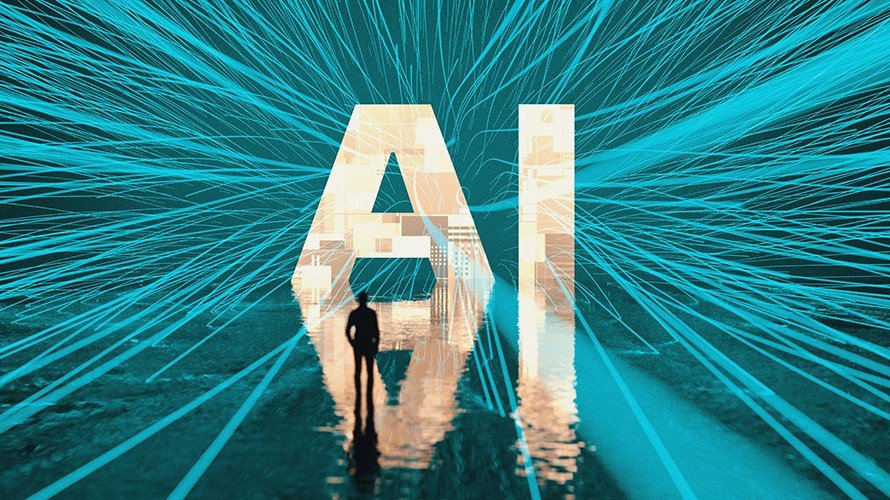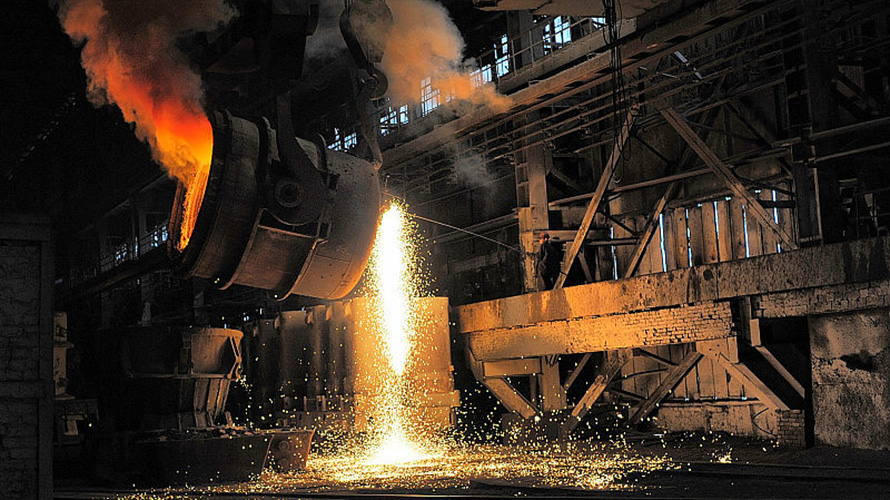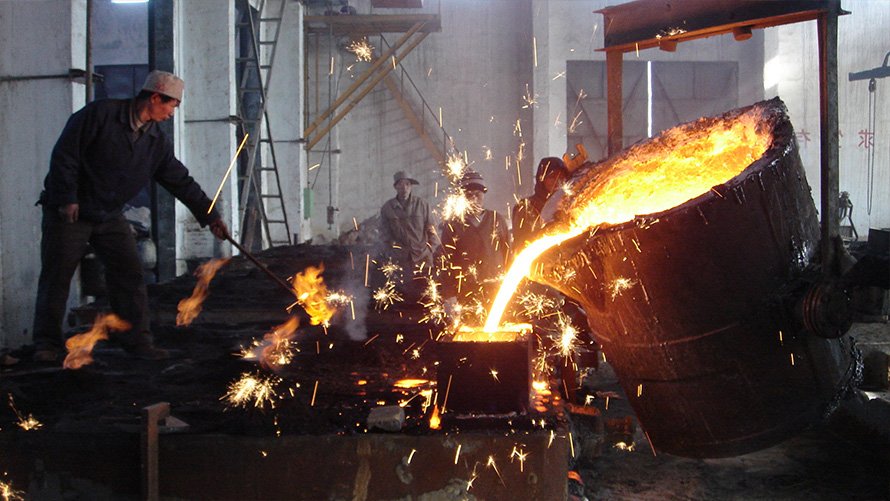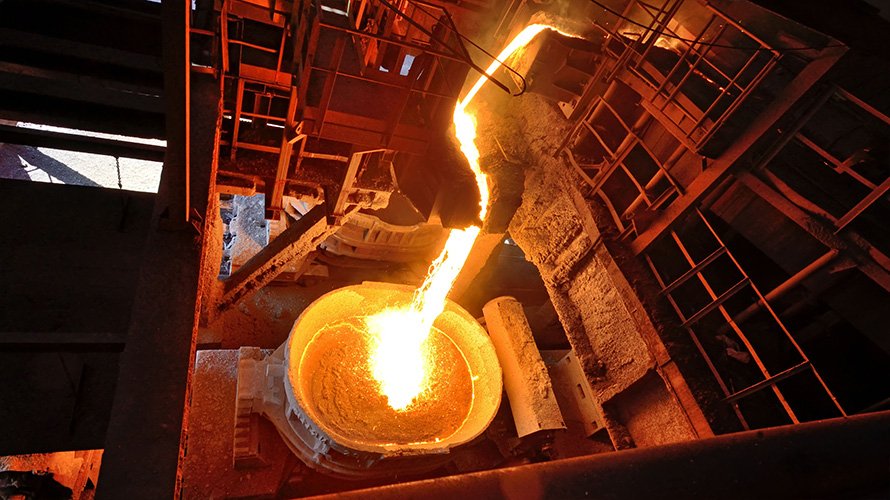The metal casting industry, one of the oldest manufacturing processes in human history, is undergoing a transformative revolution thanks to artificial intelligence (AI). From optimizing production processes to improving quality control, AI is reshaping how foundries operate, making them more efficient, sustainable, and innovative. As the demand for precision and efficiency grows, AI is emerging as a critical tool in modernizing this age-old industry. In this blog, we’ll explore how AI is influencing the metal casting industry, breaking down its impact into key areas.

Enhancing Design and Prototyping with AI
Generative design, powered by AI, is revolutionizing how metal castings are designed. By inputting design constraints such as weight, material, and load requirements, AI algorithms can generate multiple design iterations that optimize performance and material usage. This not only reduces waste but also ensures that the final product meets exact specifications. Foundries can now create complex geometries that were previously impossible or too costly to produce.
Rapid Prototyping with AI-Driven Simulations
AI-driven simulation tools are enabling faster and more accurate prototyping. Traditional prototyping methods are time-consuming and often require multiple iterations. AI can predict how a design will behave during the casting process, identifying potential defects or weaknesses before physical prototypes are made. This reduces development time and costs while improving the overall quality of the final product.
Improving Production Efficiency
One of the most significant challenges in metal casting is the maintenance of heavy machinery. Unplanned downtime can be costly and disruptive. AI-powered predictive maintenance systems analyze data from sensors embedded in equipment to predict when a machine is likely to fail. By addressing issues before they escalate, foundries can minimize downtime and extend the lifespan of their machinery.
Optimizing Melting and Pouring Processes
The melting and pouring stages are critical in metal casting, requiring precise control of temperature and timing. AI algorithms can monitor and adjust these parameters in real-time, ensuring optimal conditions for casting. This not only improves the quality of the castings but also reduces energy consumption, making the process more sustainable.

Revolutionizing Quality Control
Detecting defects in metal castings has traditionally relied on manual inspection, which is time-consuming and prone to human error. AI-powered vision systems can analyze castings with incredible accuracy, identifying defects such as cracks, porosity, or inclusions in real-time. This ensures that only high-quality products move forward in the production process, reducing waste and improving customer satisfaction.
Real-Time Process Monitoring
AI systems can monitor every stage of the casting process, from mold preparation to cooling. By analyzing data in real-time, these systems can detect anomalies and make adjustments to prevent defects. This level of oversight ensures consistent quality and reduces the need for costly rework.
Driving Sustainability in Metal Casting
AI is helping foundries minimize material waste by optimizing design and production processes. By predicting the exact amount of material needed for each casting and identifying areas where waste can be reduced, AI contributes to more sustainable manufacturing practices.
Energy Efficiency and Emissions Reduction
The metal casting industry is energy-intensive, but AI is helping to reduce its environmental impact. AI algorithms can optimize energy usage during melting, pouring, and cooling, significantly reducing the carbon footprint of foundries. Additionally, AI can help monitor and control emissions, ensuring compliance with environmental regulations.

The Future of AI in Metal Casting
The integration of AI with the Internet of Things (IoT) is paving the way for smart factories in the metal casting industry. Connected sensors and AI systems can create a fully automated production environment where machines communicate with each other, making real-time decisions to optimize efficiency and quality.
AI-Driven Customization and Small-Batch Production
As consumer demand for customized products grows, AI is enabling foundries to produce small batches of highly specialized castings cost-effectively. By leveraging AI for design, production, and quality control, foundries can meet the needs of niche markets without sacrificing efficiency.
Workforce Transformation and Skill Development
While AI is automating many aspects of metal casting, it is also transforming the workforce. Foundries are increasingly seeking employees with skills in AI, data analysis, and machine learning. This shift is creating new opportunities for workers to upskill and take on more advanced roles in the industry.

Conclusion
AI is undeniably reshaping the metal casting industry, bringing unprecedented levels of efficiency, precision, and sustainability. From design and prototyping to production and quality control, AI is addressing longstanding challenges and opening up new possibilities for innovation. As the technology continues to evolve, its impact on the industry will only grow, paving the way for smarter, greener, and more competitive foundries. The future of metal casting is here, and it is powered by AI.
By embracing these advancements, the industry can not only meet the demands of modern manufacturing but also set new standards for excellence in the years to come.








